Kenya/April 24, 2018/By OUMA WANZALA and By FAITH NYAMAI/ Source: https://www.nation.co.ke/
Kenya’s education sector reforms will top discussions by close to 600 scholars and education policy makers in Africa attending a major conference in Nairobi which will officially open on Wednesday.
About 50 Education ministers from African are attending the Pan-African Conference on Education 2018 that ends on Friday.
Education Cabinet Secretary Amina Mohamed is expected to present the progress made in the country’s education reforms, including its attempts to meet the SDGs targets.
Speaking at Safari Park Hotel on Monday ahead of the conference, Ms Mohammed said the meeting will focus on improving the quality of education in African continents.
“The discussions will revolve on challenges, and coming up with monitoring mechanisms that will help all African countries improve their education system,” she said.
The CS said, Kenya has so far made huge strides of progress in the education sector among them the introduction of the National Education Management Information System (NEMIS) in primary and secondary schools.
Other steps that Kenya has made is the introduction of the Competency based curriculum that is being piloted nationally since January.
Ms Mohamed said, the main goal is to champion for equitable inclusive quality education and lifelong learning opportunities for all.
She said it will further provide a forum to assess the strides Africa has made in ensuring inclusive quality education and lifelong learning as enunciated in Sustainable Development Goals, 2030, and Continental Strategy for Education in Africa 2016-2025 (CESA 16-25).
The ministers will also discuss on how they can begin to implement the agenda 2030 and assess the progress so far
Kenya is hosting the conference in collaboration with UNESCO and African Union.
The Nation has learnt that the ministry has prepared a special paper detailing the exact position of the country regarding gender disparities, the enrolment between science and arts courses, and provision of free education.
The Conference, to be held under the auspices of UNESCO and African Union, will also draw participants from the public and private sector.
Under Development Goal 4, Governments are obliged to “ensure equitable inclusive quality education and lifelong learning opportunities for all”.
In an effort to support the Continent’s development vision, African Countries, under the auspices of the African Union, endorsed CESA 16-25.
It aims at “Reorienting Africa’s education and training systems to meet the knowledge, competencies, skills, innovation and creativity required to nurture African core values and promote sustainable development at the national, sub-regional and continental levels.”
Ms Mohamed is expected to outline the challenges facing the country’s education sector, which have affected the government’s push to have 100 per cent transition from primary to secondary schools.
Ms Mohamed will also likely report on how the Directorate of Quality Assurance and Standards will address the perennial problems, including checking teacher absenteeism and inadequate syllabus coverage, among other unprofessional practices.
She will also address the ongoing curriculum reforms, whose Competence-Based Curriculum, format is undergoing a national pilot phase.
“The Ministry is administering a national pilot exercise, which will provide credible data to enable us make critical decisions going forward,” Ms Mohamed said.
Another sector of education reforms is spearheaded by the Kenya National Examinations Council, which has been charged with the responsibility of ensuring that our national examinations are highly credible.
This year, the Government introduced the free day secondary school programme seeking to assure 100 per cent transition from primary to secondary education.
The Government has so far spent Sh29 billion on the free day secondary school programme.
Last week, the government said it had started intensive reforms in Vocational and Technical Training.
Every Kenyan, Ms Mohamed said, must be trained and empowered with the skills to drive a 24-hour economy.
“It is our duty to train for the attainment of this vision. So I ask you all to support us as we roll out programs in these two sectors,” said the CS.
Source:
https://www.nation.co.ke/news/education/Pan-African-Conference-on-Education-Nairobi/2643604-4520970-m6k0pw/index.html

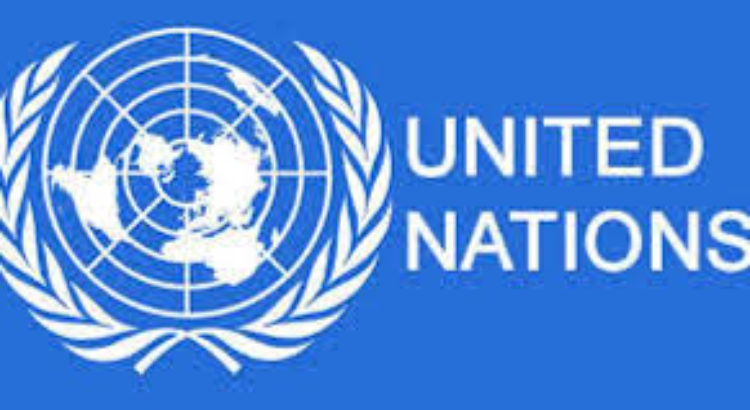
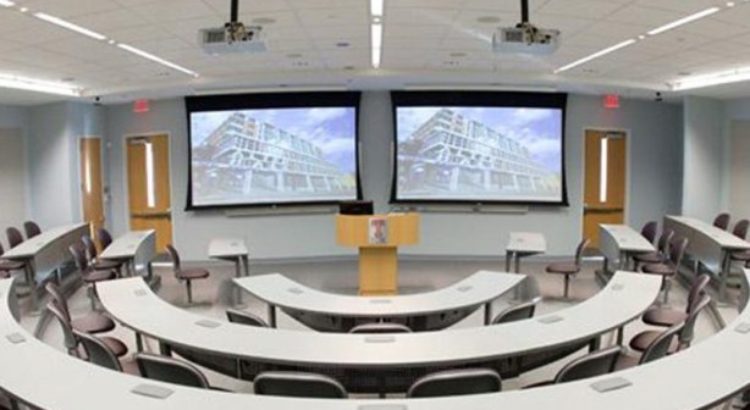
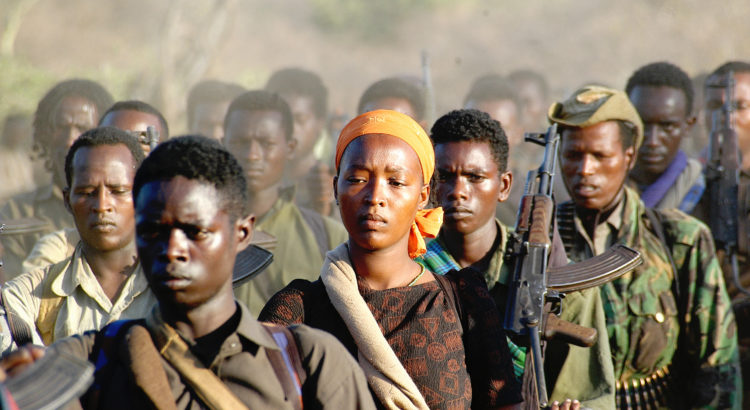
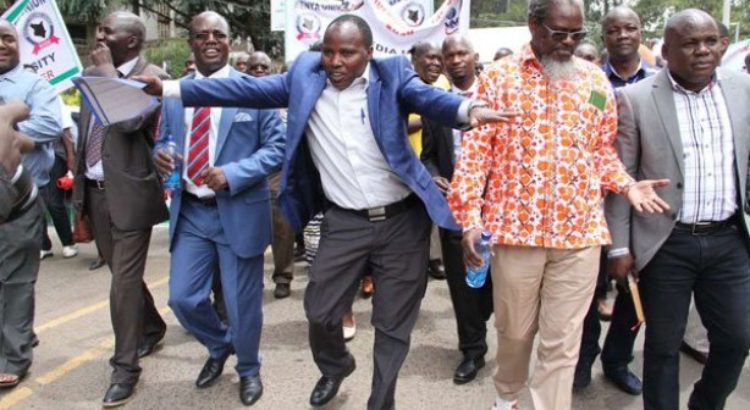
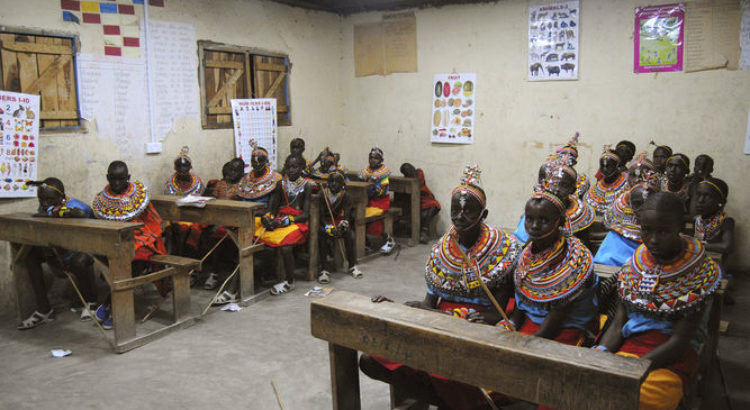
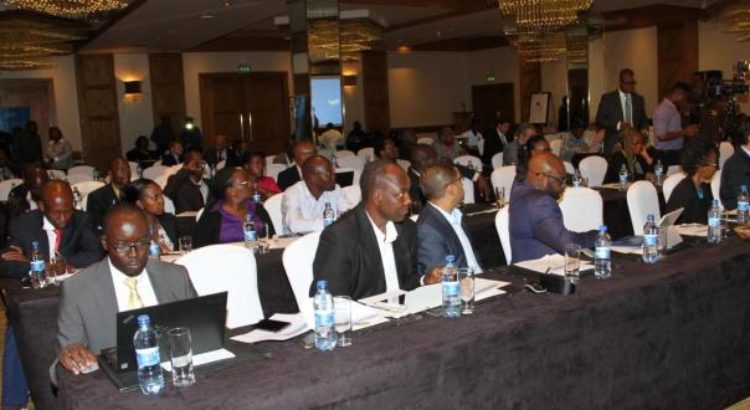






 Users Today : 94
Users Today : 94 Total Users : 35403931
Total Users : 35403931 Views Today : 113
Views Today : 113 Total views : 3333359
Total views : 3333359